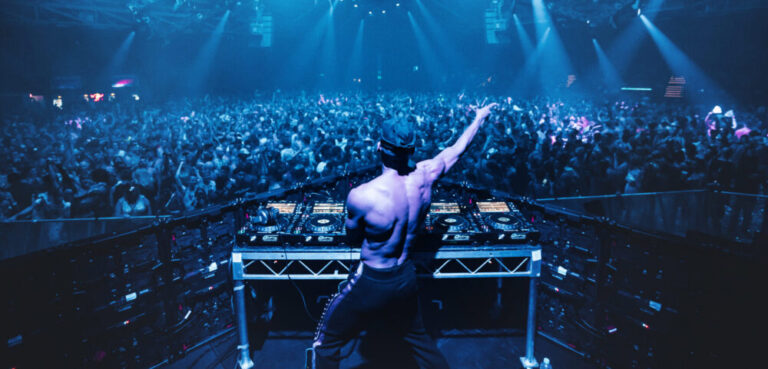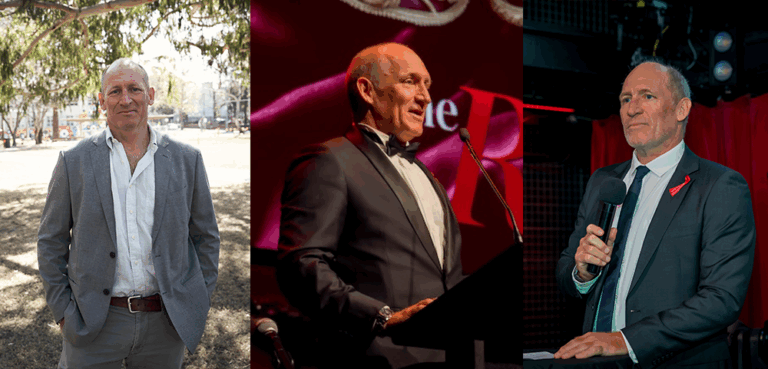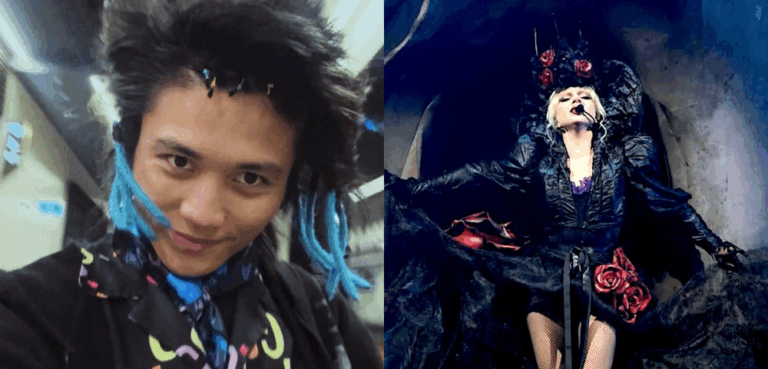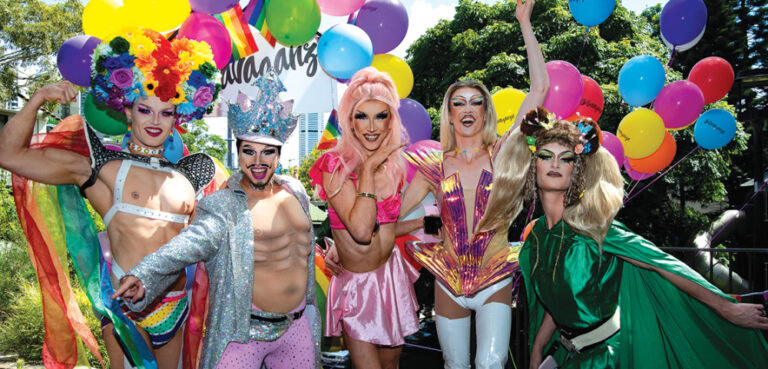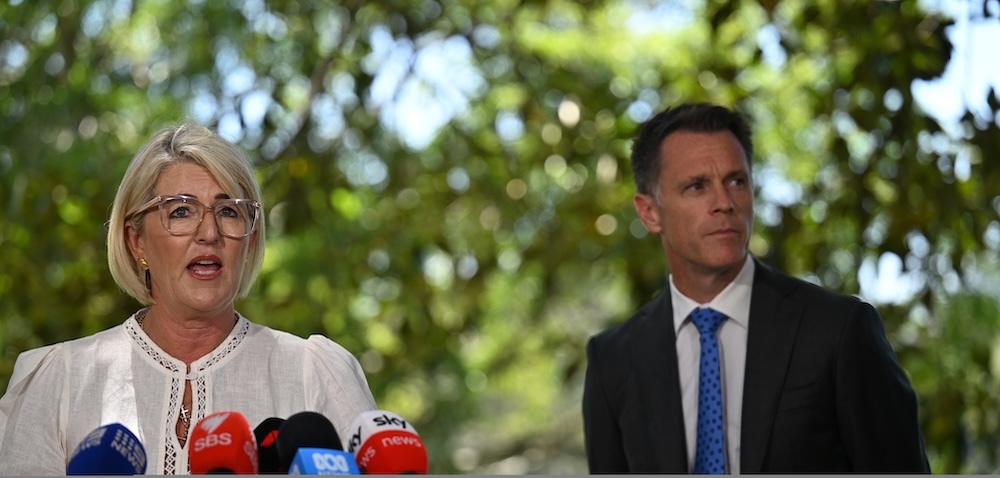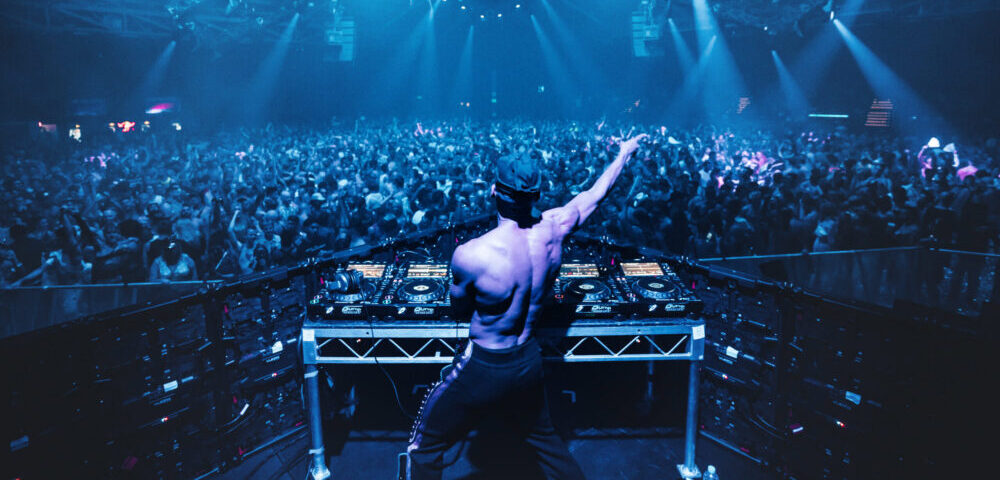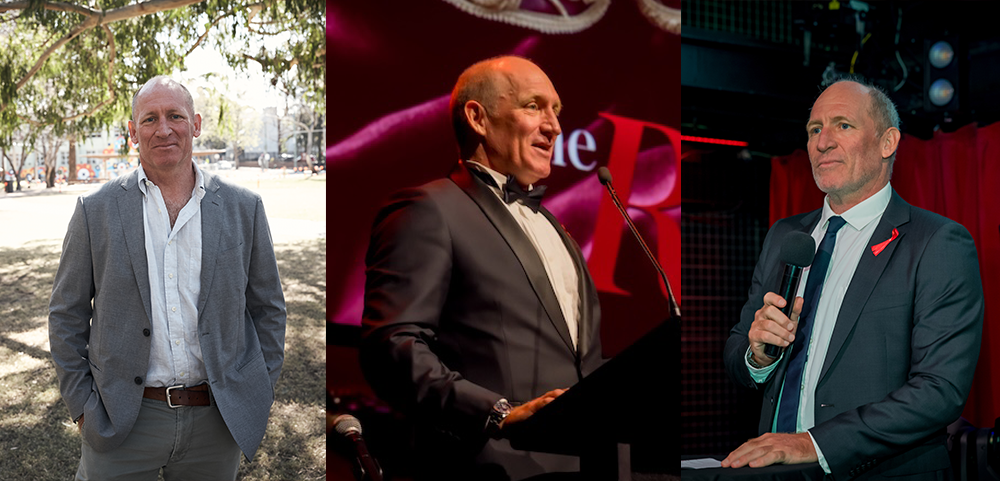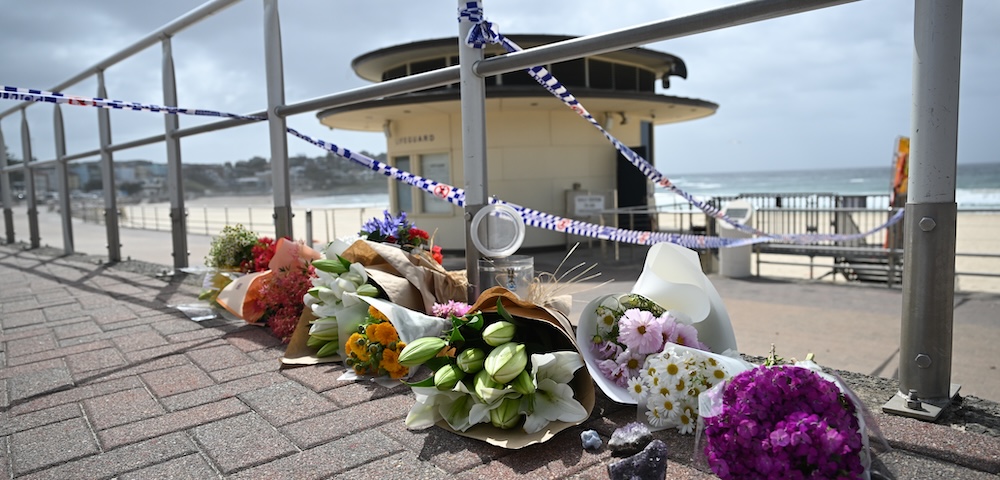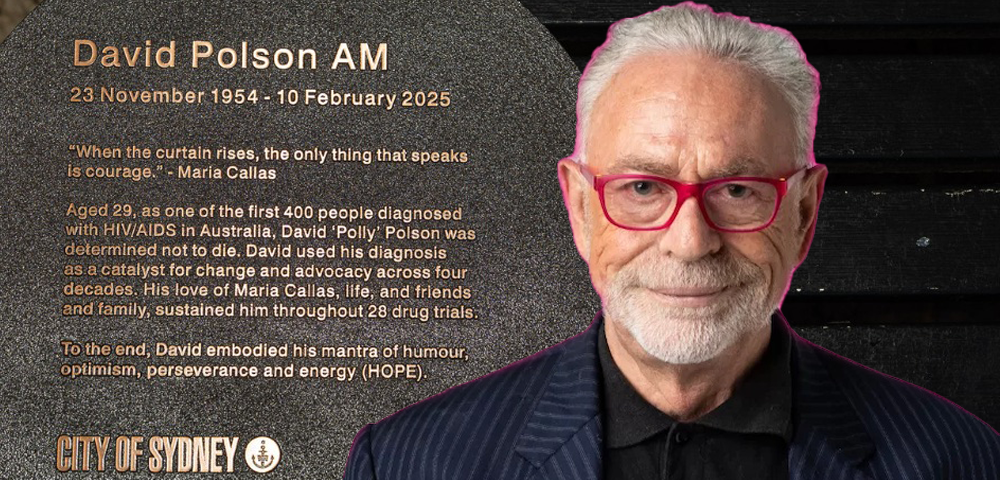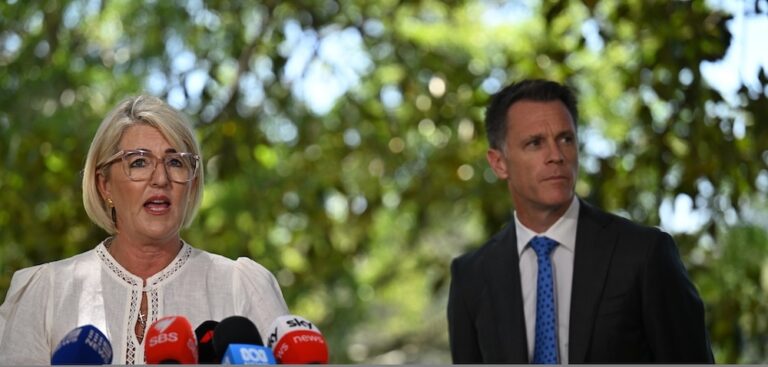
Liberal debate pushes questions on Labor
It’s official – the Government will pass no new GLBT law reforms before the election. After Cabinet split evenly on the issue it was left to the PM to decide and, predictably, he dumped it.
It must come as a great disappointment for the retiring Warren Entsch – this should have been his legacy. But what has been refreshing through all this is the discovery that despite the withering influence of the Howard years, there are still some small “l” liberals in the Liberal Party.
Throughout the process we’ve known the names of the MPs who’ve fought for us. Ministers Malcolm Turnbull, Joe Hockey, Brendan Nelson, Nick Minchin, and even that grey man, Philip Ruddock, and backbenchers Mal Washer, Petro Georgiou, Judy Moylan and Entsch among others.
And we’ve been given real insights into the debate within Liberal ranks, with interested parties tipping the media to developments behind party room doors.
In comparison we’ve had very little to go on in making sense of what debate there might be within the ALP when it comes to pushing for reforms beyond the current party line.
So far I’m aware of no more than two federal Labor MPs who’ve been prepared to contradict Rudd’s line that all couples should be equal but some are more equal than others.
In August, Anthony Albanese told The Glebe newspaper, “My personal position is I see no distinction between heterosexual couples and same-sex couples … [but] the views of individuals are pretty irrelevant.”
And in December last year the then backbencher Peter Garrett said, “I don’t have a problem with it,” when asked on late night television if his self-described social conservatism extended to the issue of same-sex marriage. Since joining the front bench, Garret has been decidedly more silent on the issue.
So why haven’t more in Labor’s left been prepared to say they believe same-sex couples should be given access to civil unions or marriage, even if it’s not ALP policy?
The reason lies in the differing rules that bind the members of Australia’s largest two political parties. Although the more conservative of the two, Liberal membership rules provide more room for dissenting MPs to speak out publicly.
This allows Liberals to add to debate even if they don’t have the numbers to move a policy forward within their own party.
In comparison, Labor figures risk expulsion if they do the same, so debates stay tucked behind closed doors – stifling any real public debate.
And since the ALP’s right controls the party at both state and federal levels, it’s not surprising we’ve heard so little dissent on the issue.
